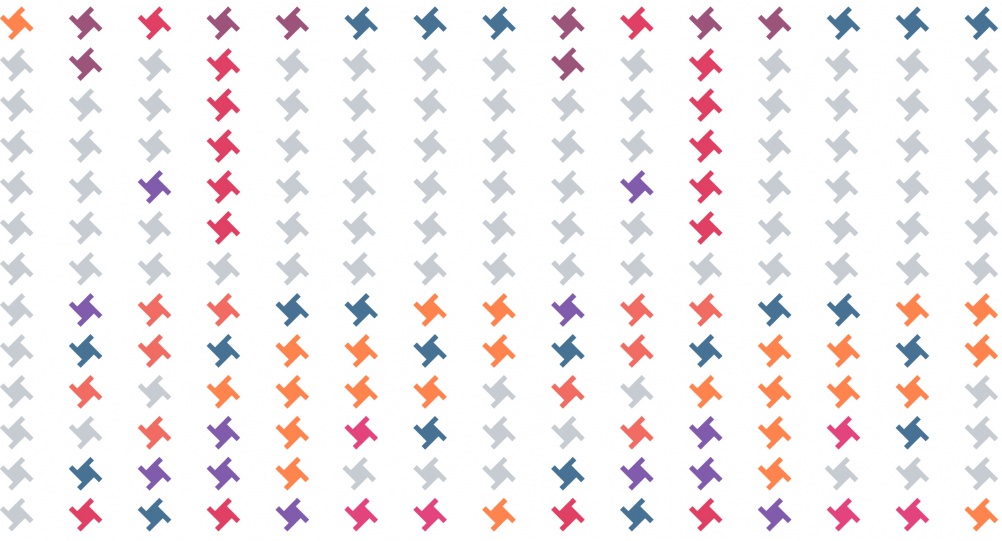Three-quarters of UK population “not meeting creative potential”
BESbswyBESbswyBESbswyBESbswyBESbswyBESbswyBESbswyBESbswyBESbswyBESbswyBESbswyBESbswy
New research commissioned by the Royal Society of Arts shows that just 28 per cent of people in the UK feel they are able to use creativity to turn their ideas into reality and cause change.

Nearly three-quarters of people in the UK feel that they are not meeting their creative potential, according to new research commissioned by the Royal Society of Arts.
The survey, conducted to mark the 90th anniversary of the RSA Student Awards, shows that just 28 per cent of those polled said that they felt able to use creativity to turn their ideas into reality and create change around them.
The RSA says the research shows that equipping people with design skills is “key to solving the 21st century’s “most intractable problems” – such as climate change, raising living standards or reforming public services.
A total of 2,000 people in the UK were polled for the RSA/Populus survey, which also showed that just 37 per cent of people felt that they able to “make a positive difference to society”.
The research also showed that 64 per cent of people felt that it was important to have an emphasis on creativity in education, which is less than the 77 per cent who feel it is important to have a traditional education style, with a focus on core knowledge.
The research also revealed attitudes towards sustainability, with 89 per cent of respondents saying it is important for future products to be designed so that they can be re-used or recycled and 47 per cent said they would pay more for products that could be recycled.
In its accompanying report – Design for Good: 90 Years of the RSA Student Awards – the RSA says that using design skills will be vital to solving future challenges.
RSA Student Design Awards manager Sevra Davis says: “Traditional approaches to problem-solving and innovation – in government, in business and in society – are failing to adequately respond to complex problems.
“In this situation, the iterative, experimental, context-sensitive and, above all, faster ways of working inherent in design are increasingly attractive and necessary.”
BESbswyBESbswyBESbswyBESbswyBESbswyBESbswyBESbswyBESbswyBESbswyBESbswyBESbswyBESbswy
Davis adds: “It’s vital that we encourage the next generation of designers to pour their energies into tackling real-world economic and environmental issues and continue to push the boundaries of what good design can achieve.”
-
Post a comment




